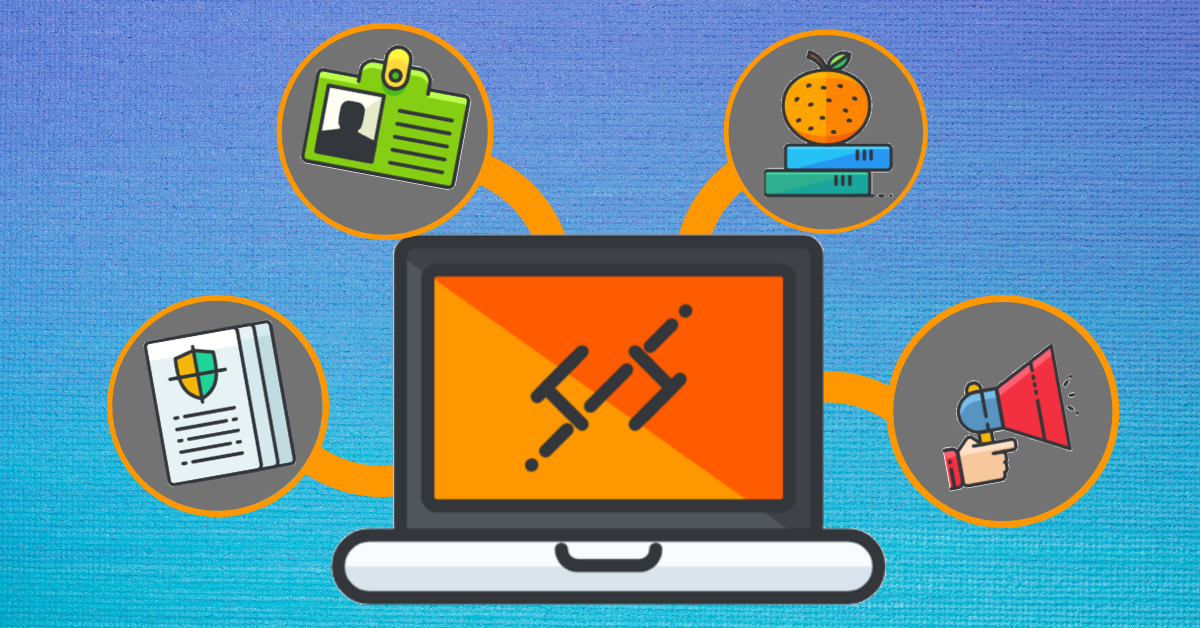
Diversification is important for the success of any real estate investment. Diversifying does not mean putting all your eggs into one basket. It means finding a balance between reward and risk. This can be achieved by diversifying your investment portfolio and focusing on different types of properties and locations. Diversification could include purchasing another property or renting it out. This is one strategy that has been proven to generate high profits for many investors. Read on to learn more about investing in real estate.
Building a real estate portfolio
Depending on your goals, building a real estate portfolio should include a mix of smart investments that generate cash flow. You could have properties that are stable, with potential for growth, and can be managed easily. While the exact formula depends on your personal goals and risk tolerance, following these steps can help you build a portfolio that will meet those goals. These are some helpful tips for building your real estate portfolio.
As with any other business, building a real estate portfolio requires planning. You need to find a buyer and arrange financing. It is possible that you will need to locate funding sources for your next investment property. This can be made easier by having a comprehensive business plan. If you build a realty portfolio, it will make it easier to make informed decisions about the worth of each property. You'll also need to determine how to finance the different properties in your portfolio.

Tokenization of real property
The tokenization option of real-estate portfolio investment can be used by businesses with property in progressive jurisdictions. Tokenized real property investment allows investors to purchase the real estate. This is often an income-producing asset. The owners of the real estate security tokens can decide what to do with that income. These smart contracts make it possible for investors to take these decisions without having to go through the process. This reduces transaction costs as well as time. Tokenization of real estate portfolio investment requires that a real estate security be located in a country with strong private property rights protection laws, which makes it difficult to use the same legal framework in countries outside of the U.S.
Real estate is currently owned by hundreds of investors in timeshare schemes. Tokenization offers flexibility to both owners and investors, and lowers the traditional inliquidity of real property. Because tokenization uses blockchain technology, real estate investors are able to invest more easily in tokens than traditional investment avenues. Tokenization could be a good option if you're looking to invest in real-estate.
Calculating returns on your real estate investments
When you're calculating returns on your real estate portfolio investment, there are a number of variables you'll need to take into account. You will make a difference in the value of your property, including its condition, financing terms and market conditions. It's important to have a realistic goal and to monitor your investments. If you are not getting the desired ROI, it is time to review your strategy. You might consider changing your expenses, refinancing your mortgage, or even selling the asset.
Inflation rate is another important consideration when calculating a real-estate investment's ROI. Real estate can be a stable investment but REITs can have volatile returns. Capitalization rate (CAPR), is one way to measure investment performance. This figure is derived by taking an investor's net operating income for a year and dividing it by the current market value of the property. This information can be helpful in comparing properties of similar capitalization rates.

Multiple rental properties to invest in
Multiple rental properties can be a good way of diversifying your investment portfolio. It is possible to generate multiple streams from the same property. This can prove beneficial in uncertain economic times. But this strategy may prove difficult to finance. Here are some ideas to help you get started. Research is key before you decide to invest. Know the market.
Be aware of your savings capacity. Before you invest in a rental property, you must have sufficient cash to cover a 20% downpayment. Experts in rental property management recommend that you have a cushion of cash to purchase multiple properties. This is especially important if you are planning to purchase multiple properties. This is especially true if you plan to purchase multiple properties.
FAQ
What should I be looking for in a mortgage agent?
People who aren't eligible for traditional mortgages can be helped by a mortgage broker. They work with a variety of lenders to find the best deal. Some brokers charge fees for this service. Others offer free services.
Is it possible sell a house quickly?
It may be possible to quickly sell your house if you are moving out of your current home in the next few months. There are some things to remember before you do this. You must first find a buyer to negotiate a contract. You must prepare your home for sale. Third, advertise your property. Finally, you need to accept offers made to you.
What should you consider when investing in real estate?
The first thing to do is ensure you have enough money to invest in real estate. You will need to borrow money from a bank if you don’t have enough cash. Aside from making sure that you aren't in debt, it is also important to know that defaulting on a loan will result in you not being able to repay the amount you borrowed.
You also need to make sure that you know how much you can spend on an investment property each month. This amount must include all expenses associated with owning the property such as mortgage payments, insurance, maintenance, and taxes.
You must also ensure that your investment property is secure. It would be a good idea to live somewhere else while looking for properties.
Can I buy a house in my own money?
Yes! Yes. There are programs that will allow those with small cash reserves to purchase a home. These programs include government-backed mortgages (FHA), VA loans and USDA loans. Check out our website for additional information.
Should I rent or purchase a condo?
Renting could be a good choice if you intend to rent your condo for a shorter period. Renting allows you to avoid paying maintenance fees and other monthly charges. On the other hand, buying a condo gives you ownership rights to the unit. You can use the space as you see fit.
Statistics
- 10 years ago, homeownership was nearly 70%. (fortunebuilders.com)
- Over the past year, mortgage rates have hovered between 3.9 and 4.5 percent—a less significant increase. (fortunebuilders.com)
- When it came to buying a home in 2015, experts predicted that mortgage rates would surpass five percent, yet interest rates remained below four percent. (fortunebuilders.com)
- The FHA sets its desirable debt-to-income ratio at 43%. (fortunebuilders.com)
- This seems to be a more popular trend as the U.S. Census Bureau reports the homeownership rate was around 65% last year. (fortunebuilders.com)
External Links
How To
How to Manage a Rental Property
It can be a great way for you to make extra income, but there are many things to consider before you rent your house. We'll help you understand what to look for when renting out your home.
This is the place to start if you are thinking about renting out your home.
-
What should I consider first? Before you decide if you want to rent out your house, take a look at your finances. If you are in debt, such as mortgage or credit card payments, it may be difficult to pay another person to live in your home while on vacation. Also, you should review your budget to see if there is enough money to pay your monthly expenses (rent and utilities, insurance, etc. This might be a waste of money.
-
How much is it to rent my home? There are many factors that go into the calculation of how much you can charge to let your home. These factors include your location, the size of your home, its condition, and the season. Prices vary depending on where you live so it's important that you don't expect the same rates everywhere. Rightmove has found that the average rent price for a London one-bedroom apartment is PS1,400 per mo. This means that your home would be worth around PS2,800 per annum if it was rented out completely. Although this is quite a high income, you can probably make a lot more if you rent out a smaller portion of your home.
-
Is it worth it? Doing something new always comes with risks, but if it brings in extra income, why wouldn't you try it? Be sure to fully understand what you are signing before you sign anything. You will need to pay maintenance costs, make repairs, and maintain the home. Renting your house is not just about spending more time with your family. Make sure you've thought through these issues carefully before signing up!
-
Are there any advantages? Now that you have an idea of the cost to rent your home, and are confident it is worth it, it is time to consider the benefits. You have many options to rent your house: you can pay off debt, invest in vacations, save for rainy days, or simply relax from the hustle and bustle of your daily life. It is more relaxing than working every hour of the day. You could make renting a part-time job if you plan ahead.
-
How do I find tenants? After you have made the decision to rent your property out, you need to market it properly. Start by listing online using websites like Zoopla and Rightmove. After potential tenants have contacted you, arrange an interview. This will allow you to assess their suitability, and make sure they are financially sound enough to move into your house.
-
How do I ensure I am covered? If you are worried about your home being empty, it is important to make sure you have adequate protection against fire, theft, and damage. In order to protect your home, you will need to either insure it through your landlord or directly with an insured. Your landlord will likely require you to add them on as additional insured. This is to ensure that your property is covered for any damages you cause. This does not apply if you are living overseas or if your landlord hasn't been registered with UK insurers. In these cases, you'll need an international insurer to register.
-
It's easy to feel that you don't have the time or money to look for tenants. This is especially true if you work from home. You must put your best foot forward when advertising property. A professional-looking website is essential. You can also post ads online in local newspapers or magazines. Additionally, you'll need to fill out an application and provide references. Some prefer to do it all themselves. Others hire agents to help with the paperwork. It doesn't matter what you do, you will need to be ready for questions during interviews.
-
What happens once I find my tenant You will need to notify your tenant about any changes you make, such as changing moving dates, if you have a lease. You can negotiate details such as the deposit and length of stay. It's important to remember that while you may get paid once the tenancy is complete, you still need to pay for things like utilities, so don't forget to factor this into your budget.
-
How do I collect the rent? You will need to verify that your tenant has actually paid the rent when it comes time to collect it. If they haven't, remind them. You can subtract any outstanding rent payments before sending them a final check. If you're having difficulty getting hold of your tenant you can always call police. They will not usually evict someone unless they have a breached the contract. But, they can issue a warrant if necessary.
-
How can I avoid problems? Although renting your home is a lucrative venture, it is also important to be safe. You should install smoke alarms and carbon Monoxide detectors. Security cameras are also a good idea. You should also check that your neighbors' permissions allow you to leave your property unlocked at night and that you have adequate insurance. You should not allow strangers to enter your home, even if they claim they are moving in next door.